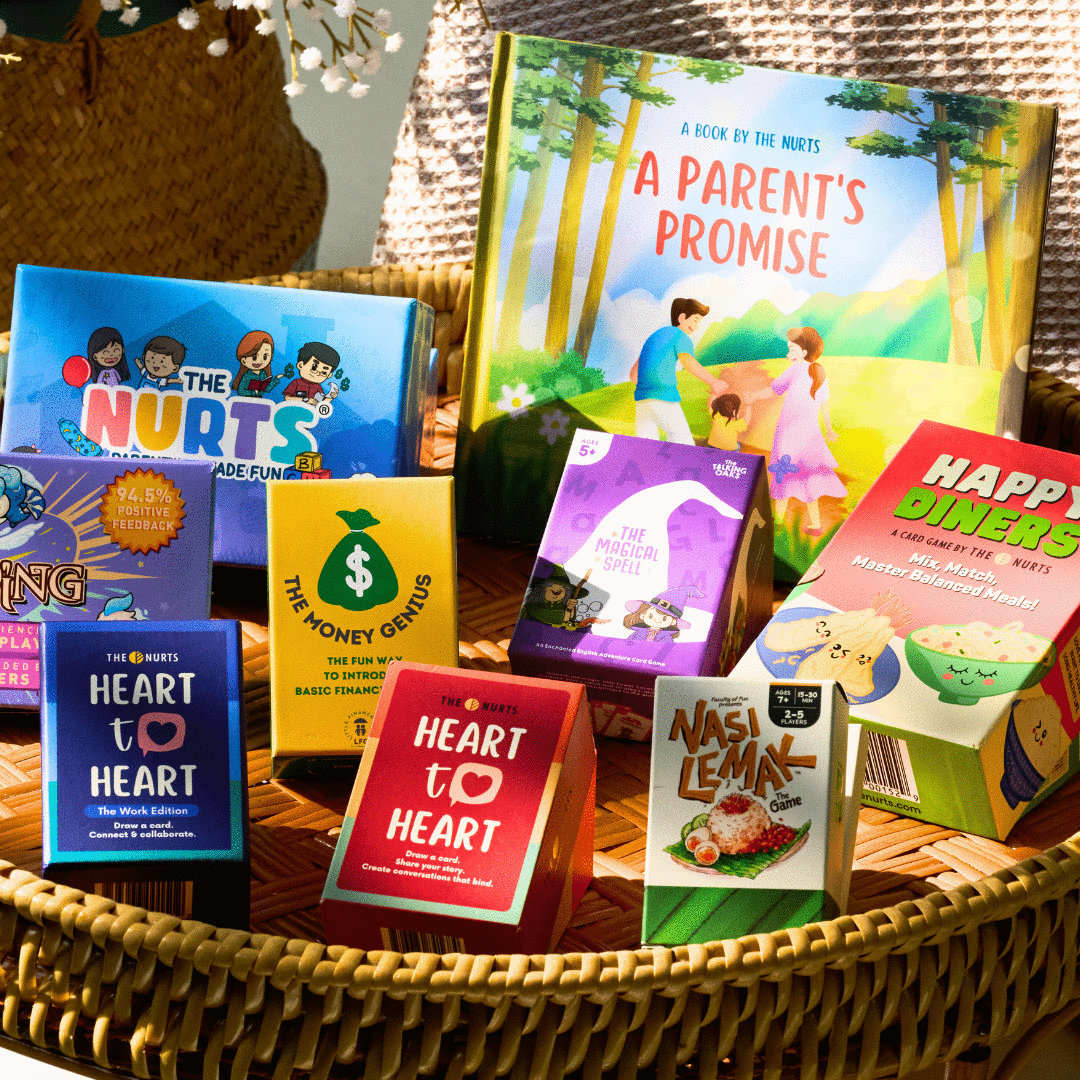As parents, we all want our children to grow up feeling fulfilled and happy. But how do we strike a balance between their academic achievements and overall well-being? In this article, we'll explore five essential tips to help you navigate this delicate balancing act.
1. Cultivate a Growth Mindset
One of the most valuable gifts we can give our children is a growth mindset. This mindset teaches them that intelligence and abilities can be developed through effort and perseverance. By emphasizing the process of learning and improvement, we set the stage for their long-term success and fulfillment. Check out Carol Dweck's book, "Mindset: The New Psychology of Success," for more insights on fostering a growth mindset.
2. Set Realistic Expectations
It's crucial to set realistic expectations for our children based on their abilities and interests. Unrealistic expectations can lead to unnecessary pressure and stress. Sense of purpose emphasizes their progress and individual achievements. Encourage your child to strive for personal excellence rather than comparing themselves to others. By doing so, you help them develop a healthy self-esteem and a sense of fulfillment. Every child is unique, and their journey is their own.
3. Prioritise and Model Well-Being and Balance
Academic achievement should never come at the cost of well-being. Promote a healthy work-life balance by ensuring your child has time for relaxation, play, hobbies, and socializing. Prioritizing well-being not only helps prevent burnout but also supports their overall development. Teach them the importance of self-care and model balance in your own life.
4. Foster Character Development
While academic achievements are important, character development is equally crucial. Instill values such as kindness, empathy, honesty, perseverance, and resilience in your child. These qualities will contribute to their long-term fulfillment and success. Encourage them to explore activities that nurture character development, such as engaging in creative pursuits, joining clubs or organizations, or participating in community projects.
For instance, playing card games like The Nurts Card Game can teach children valuable skills such as critical thinking, and strategizing while fostering bonding and social interaction. Remember, it's not just about what they achieve but also who they become.
5. Celebrate Effort and Progress
Instead of solely focusing on outcomes, celebrate your child's effort and progress. Recognize their hard work and dedication, regardless of the outcome. This approach boosts their self-confidence, keeps them motivated to keep learning, and fosters a genuine love for the process of learning itself. Take the time to celebrate their achievements, no matter how big or small, and create a supportive environment that encourages their continuous growth.
Raising a fulfilled child is a journey that requires a delicate balance between achievement and well-being. As parents, we have the opportunity to shape their experiences and create an environment that nurtures their growth. By prioritizing their emotional, social, and physical well-being alongside their academic success, we set the stage for a truly fulfilling life.
Subscribe to our newsletter for more parenting tips and advice on raising fulfilled children. Stay connected as we navigate the beautiful and rewarding journey of parenthood together!
References:
- https://world-schools.com/are-student-wellbeing-and-academic-achievements-linked/
- https://penrhos.wa.edu.au/news/how-parents-can-help-improve-their-daughters-achievement/
- https://www.nytimes.com/guides/smarterliving/help-your-child-succeed-at-school
- https://www.childrens.com/health-wellness/help-your-child-find-balance
- https://www.healthhub.sg/live-healthy/419/boosting_childs_mental_wellbeing
- Dweck, C. S. (2006). Mindset: The New Psychology of Success. New York: Random House Publishing Group.







